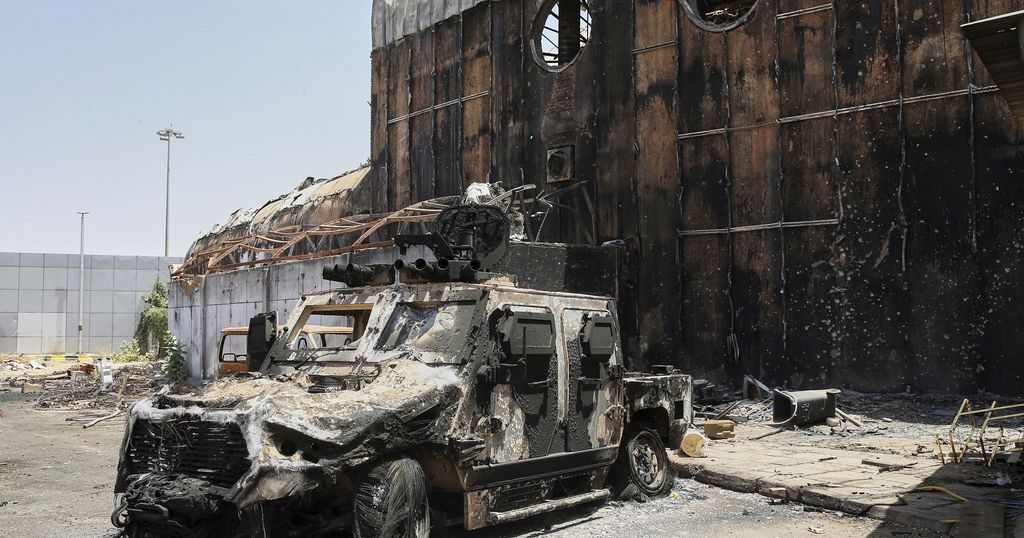Africa
Sudan accuses UAE of contributing to genocide

Sudan told the United Nations’ highest court on Thursday that the United Arab Emirates was violating the Genocide Convention by arming and funding the rebel paramilitary group Rapid Support Forces, in a case vigorously contested by the UAE.
Sudan is asking the International Court of Justice to issue emergency orders, known as provisional measures, including orders for the UAE to do everything in its power to prevent the massacres and other crimes committed against the Masalit people during Sudan’s two-year civil war.
“The genocide against the Masalit is being perpetrated by the Rapid Support Force, composed mainly of Darfur Arabs, with the support and complicity of the United Arab Emirates,” said Acting Justice Minister Muawia Osman in his opening statements at the Hague tribunal.
“Everything said in court was circumstantial and did not meet a standard of proof. No credible evidence was presented to support their claims ,” the UAE government said in a statement after Sudan’s presentation ended.
Sudan and the UAE are both signatories to the 1948 Genocide Convention. However, the UAE has a reservation to part of the treaty, which legal experts say makes it unlikely the case will proceed.
“The ICJ has already said that this type of reservation is permissible and constitutes an obstacle to the continuation of a case. It is very likely that the court will say the same thing in this case, which means that the case will not proceed,” Melanie O’Brien, an associate professor of international law at the University of Western Australia and an expert on the Genocide Convention, told The Associated Press.
Sudan descended into deadly conflict in mid-April 2023, when long-simmering tensions between the army and paramilitary rebels erupted in the capital, Khartoum, and spread to other regions. Both the Rapid Support Forces and the Sudanese armed forces have been accused of abuses.
The United Arab Emirates, a federation of seven sheikhdoms on the Arabian Peninsula and a US ally, has repeatedly been accused of arming the RSF, something it has vigorously denied despite evidence to the contrary.
Conflict Observatory, a U.S. State Department-funded monitoring group tracking the war in Sudan, has identified planes it says have been carrying arms transfers from the United Arab Emirates to Sudanese security forces. These flights transited through Maréchal Idriss Déby International Airport in Amdjarass, Chad. The UAE claims the flights were intended to support a local hospital.
In January, the U.S. Treasury Department announced that RSF leader Mohammad Hamdan Daglo Mousa, also known as Hemedti, was under sanctions, along with seven RSF-owned companies in the UAE, one of which deals in gold likely smuggled from Sudan. This decision came as the United States declared RSF rebels to be committing genocide.
According to the United Nations, the war has left more than 24,000 dead and driven more than 14 million people, or about 30 percent of the population, from their homes. An estimated 3.2 million Sudanese have fled to neighboring countries.
The Sudanese armed forces have largely recaptured Khartoum from the RSF. Last month, the army announced it had recaptured Khartoum International Airport.
